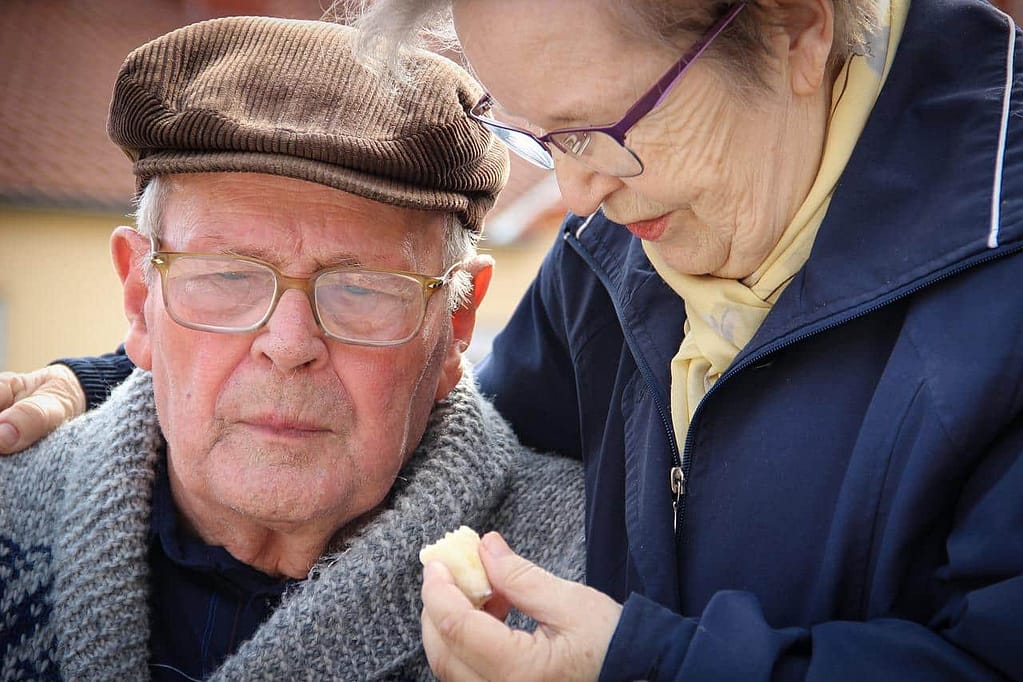Humanitarian visa for elderly parents of an Israeli citizen
A humanitarian visa for elderly parents aims to ensure the welfare of a family of Israeli citizens. When the elderly parent of an Israeli citizen living abroad is alone and has no caregiver, in which case an Israeli citizen wishes to bring an elderly parent to Israel and apply for a residence permit to stay in Israel. But they face so many difficulties, even though he/she has every right to be an Israeli citizen.
The Israeli Ministry of the Interior made it clear in their statements that they are seeking residency for the elderly parent of an Israeli citizen.
The elderly parent living abroad in their country of birth needs medical treatment, caregivers, or is alone and has no additional children, family members, or spouses to rely on for guardianship. In that situation, the Israeli citizen can apply for a humanitarian visa for his elderly parent.

Required documents
- A foreign passport valid for at least two years
- Applicant’s photos
- Birth certificate of the invitee and the inviter
- Public certificate from the invitee’s current country
- Medical proof (if the invitee comes for treatment)
- Criminal record certificate
- Receipts for the fees
- An explanatory letter from the invitee’s past life, nature, and why he is interested in obtaining status in Israel
- A declaration letter from the Israeli citizen that he/she will cover all expenses and take care of the invitee
- Submission of updated documentation of the invitee, original, verified and translated
Humanitarian Visa procedures
When a foreign Israeli citizen wishes to invite his/her parents to live along with him in Israel through a humanitarian visa. Whether the invitee is in Israel on a tourist visa or outside Israel, the invitee must meet the criteria outlined in this procedure established by the Israeli Ministry of the Interior.
First, the Israeli Ministry of the Interior would issue a temporary resident visa, then a permanent resident visa, and then Israeli citizenship. But let’s look at what qualifies a humanitarian visa for an elderly parent. The Israeli ministry clearly states that the invitee’s mother must be over 62 and/or father over 64. And there must be a reason to invite them, for example, illness, physical disability, loneliness, and lack of caregivers in the home country.
When the invitee is outside Israel, the Israeli citizen would require to submit an application to the Population Authority office for an entry visa for an elderly parent, after they will issue the visa for 6 months.
The procedure for acquiring a residence permit after an entry visa
If the invite is currently present in Israel or was already in Israel.
When the invitee reaches the age of 64-67- A residence permit of the type “B/2 Elderly Parent” would be issued for one year. And later the invitee can extend the visa for a period of up to 27 months according to the Israeli entry law.
When the invitee reaches the age of 67- A residence permit of the type “B/1 elderly parent” would be issued, and they can extend the visa for another two years.
At the end of the period of stay in a B/1 residence permit, the Israeli Ministry of internal would approve a permanent residence permit type A/5 for two years, one year at a time. After that, the invitee can apply for Israeli citizenship according to the Israeli Ministry of the Interior.
The reasons for the denial of the visa application
When the invitee’s application does not meet the criteria of this procedure. When he/she is not alone, sick, physically disabled, presented false documents, missing documents, another family member is present abroad, younger than their required age, or living illegally in Israel. There is a high chance that the visa application may be rejected. If the invitee has stayed illegally in Israel for over 6 months. The Israeli Ministry would require the invitee to leave the country.
After leaving the country, the invitee can submit a new application. They would see the procedure for the new humanitarian visa as a new start. The old visa rejection would not affect the new visa procedures.

